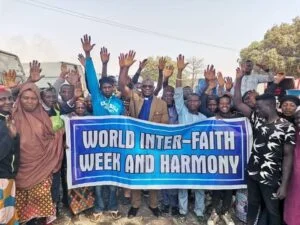Amid challenges posed by religious manipulation, West Africa has seen efforts to promote interfaith dialogue as a means of building social harmony. Nigeria, with its history of religious tensions, serves as a prime example of the importance of fostering understanding between different faiths. Joint initiatives between Christian and Muslim leaders—such as peace summits and community outreach programs—highlight the role that interfaith collaboration can play in resolving conflicts.
In Ghana and Sierra Leone, religious leaders have come together to address social issues like poverty, youth unemployment, and education, showing how collaborative efforts can bridge divisions. These interfaith platforms emphasize shared values of compassion, tolerance, and social responsibility, fostering unity among followers of different religions. Governments and non-governmental organizations have also thrown their weight behind such initiatives, recognizing their potential in mitigating religious conflicts and promoting peace.
However, the path toward sustainable interfaith collaboration requires addressing underlying socio-economic inequalities that fuel religious tensions. Poverty and lack of education often make communities susceptible to radical ideologies and religious extremism. By focusing on inclusive development and promoting interfaith education, West African nations can lay the foundation for long-term peace and coexistence.



















